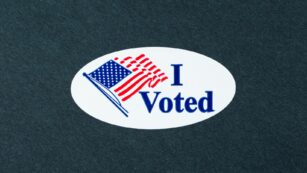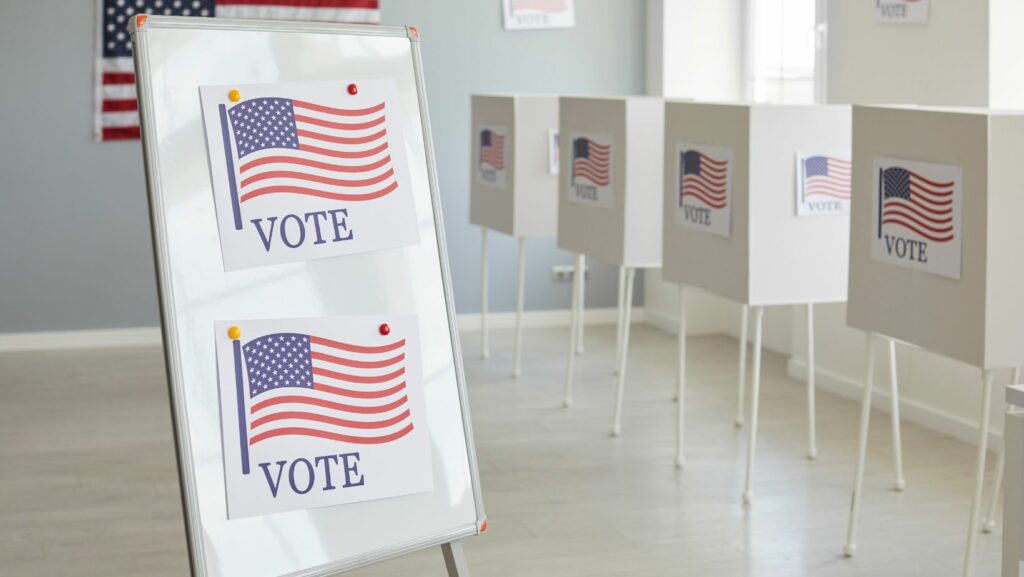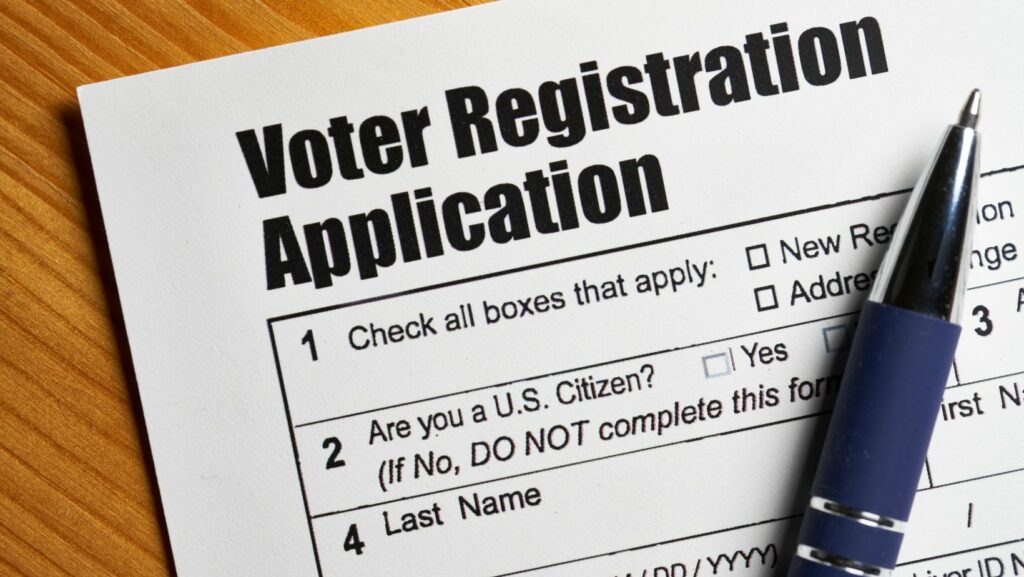In the dynamic landscape of democracy, voter education stands as a crucial pillar ensuring informed participation in the electoral process. As elections approach, the importance of understanding voting rights, procedures, and the impact of each vote becomes more pronounced. Empowering citizens with this knowledge not only strengthens democratic institutions but also fosters a more engaged and responsible electorate.
Voter education equips individuals with the tools needed to navigate the often complex voting system. It demystifies the electoral process, making it accessible to all, regardless of background or experience. By shedding light on everything from registration deadlines to the significance of local elections, voter education plays a vital role in enhancing civic engagement.
As societies strive for greater inclusivity and representation, effective voter education programs become indispensable. They bridge the gap between citizens and their civic duties, ensuring everyone has the opportunity to make their voice heard. Informed voters are the bedrock of a thriving democracy, driving progress and change.
Voter Education
Voter education equips individuals with the knowledge necessary to engage effectively in democratic processes. It’s crucial for ensuring that citizens can make informed choices.
Understanding the Electoral Process
 Understanding the electoral process involves learning about candidate selection, voting methods, and election timelines. Citizens need clarity on how government representatives are chosen to grasp the significance of each vote. For example, they should understand the differences between local, state, and federal elections. This knowledge fosters transparency and trust in political systems.
Understanding the electoral process involves learning about candidate selection, voting methods, and election timelines. Citizens need clarity on how government representatives are chosen to grasp the significance of each vote. For example, they should understand the differences between local, state, and federal elections. This knowledge fosters transparency and trust in political systems.
Knowing voter rights empowers citizens to participate fully in elections. These rights include casting a ballot without fear, ensuring votes are counted, and accessing assistance if needed due to disabilities. Voter education programs must clarify these rights to prevent disenfranchisement. Such understanding promotes confidence and encourages voter participation.
Access to Reliable Information
Access to reliable information is vital for informed voting decisions. Voters should distinguish credible sources from misinformation. Government websites, reputable news outlets, and non-partisan organizations often provide trustworthy data about candidates and policies. Educated voters can critically analyze this information to make well-informed choices at the polls.
Online Platforms and Resources
 Online platforms offer accessible voter education materials. Websites such as Vote.org and Rock the Vote present non-partisan content, detail registration processes, and outline voting rights. Social media channels amplify outreach, engaging younger demographics. Videos and infographics simplify complex information, making it more digestible. Moreover, interactive tools enable users to verify registration status or find local polling places.
Online platforms offer accessible voter education materials. Websites such as Vote.org and Rock the Vote present non-partisan content, detail registration processes, and outline voting rights. Social media channels amplify outreach, engaging younger demographics. Videos and infographics simplify complex information, making it more digestible. Moreover, interactive tools enable users to verify registration status or find local polling places.
Community workshops facilitate in-person learning and interactions. Non-profits and local government offices organize seminars, focusing on specific electoral topics like candidate evaluation or ballot initiatives. These sessions encourage dialogue, addressing questions and clarifying doubts. Train-the-trainer models empower community leaders to disseminate information, extending the reach within their networks. In underserved areas, these initiatives reduce barriers by providing culturally and linguistically appropriate resources.
Challenges in Voter Education
Voter education faces various challenges that hinder its effectiveness. Addressing these challenges is crucial for ensuring widespread voter engagement and participation.
Accessibility and Inclusivity Issues
Many potential voters encounter obstacles in accessing voter education resources. Remote communities often lack digital infrastructure, limiting online informational access. For instance, rural areas with limited broadband coverage face this issue. Additionally, content often fails to consider language diversity, leaving non-English speakers at a disadvantage. Materials need translation into multiple languages to ensure inclusivity. Persons with disabilities also face barriers if resources are not adapted to their needs, such as providing sign language interpretation or braille materials. Effective voter education requires strategies that consider these diverse needs to maximize reach and impact.
Successful Voter Education Initiatives
 Successful voter education initiatives are pivotal for nurturing a well-informed electorate. By addressing accessibility and inclusivity challenges, these programs can empower all citizens to actively participate in democratic processes. Utilizing diverse methods such as online platforms, community workshops, and culturally relevant resources ensures that voter education reaches a broad audience. As these efforts continue to evolve, they hold the potential to enhance civic engagement and strengthen democratic systems. Emphasizing the importance of informed voting and providing the necessary tools and resources can lead to a more engaged and representative populace, ultimately fostering a robust and thriving democracy.
Successful voter education initiatives are pivotal for nurturing a well-informed electorate. By addressing accessibility and inclusivity challenges, these programs can empower all citizens to actively participate in democratic processes. Utilizing diverse methods such as online platforms, community workshops, and culturally relevant resources ensures that voter education reaches a broad audience. As these efforts continue to evolve, they hold the potential to enhance civic engagement and strengthen democratic systems. Emphasizing the importance of informed voting and providing the necessary tools and resources can lead to a more engaged and representative populace, ultimately fostering a robust and thriving democracy.



